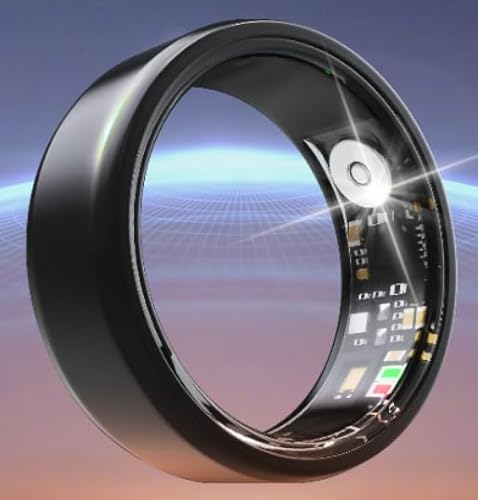Arlyss
Well-known member
I want to share the following links with everyone regarding the latest research on the genetic aspect of bicuspid aortic valves. The first link shows the conference at which this was presented. And the second link goes directly to the article itself.
http://www.faseb.org/genetics/ashg/annmeet/2002/sess-57.shtml
http://www.faseb.org/genetics/ashg02s/f239.htm
There is, of course, some technical jargon here, but the key phrase is that their findings call for periodic screening of all first degree relatives in families where a bicuspid aortic valve has been found, including those whose valves appear normal. What they are finding is that the valve does not have to appear malformed - there is still a risk of this genetically-based condition affecting the aorta.
I know it may not seem like very good news, but by monitoring the aorta via echo I hope some lives can be saved.
Arlyss
http://www.faseb.org/genetics/ashg/annmeet/2002/sess-57.shtml
http://www.faseb.org/genetics/ashg02s/f239.htm
There is, of course, some technical jargon here, but the key phrase is that their findings call for periodic screening of all first degree relatives in families where a bicuspid aortic valve has been found, including those whose valves appear normal. What they are finding is that the valve does not have to appear malformed - there is still a risk of this genetically-based condition affecting the aorta.
I know it may not seem like very good news, but by monitoring the aorta via echo I hope some lives can be saved.
Arlyss






















